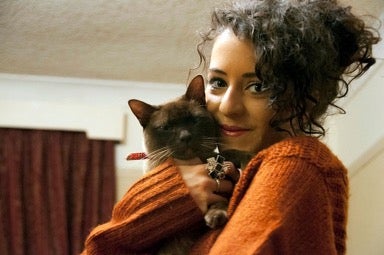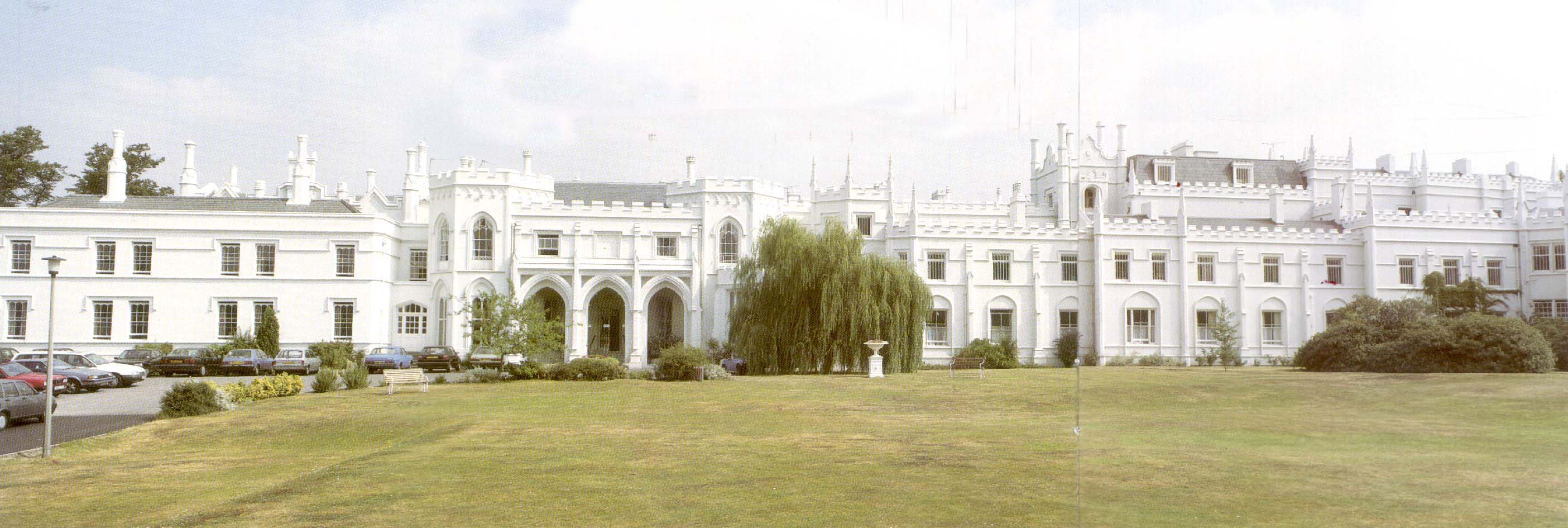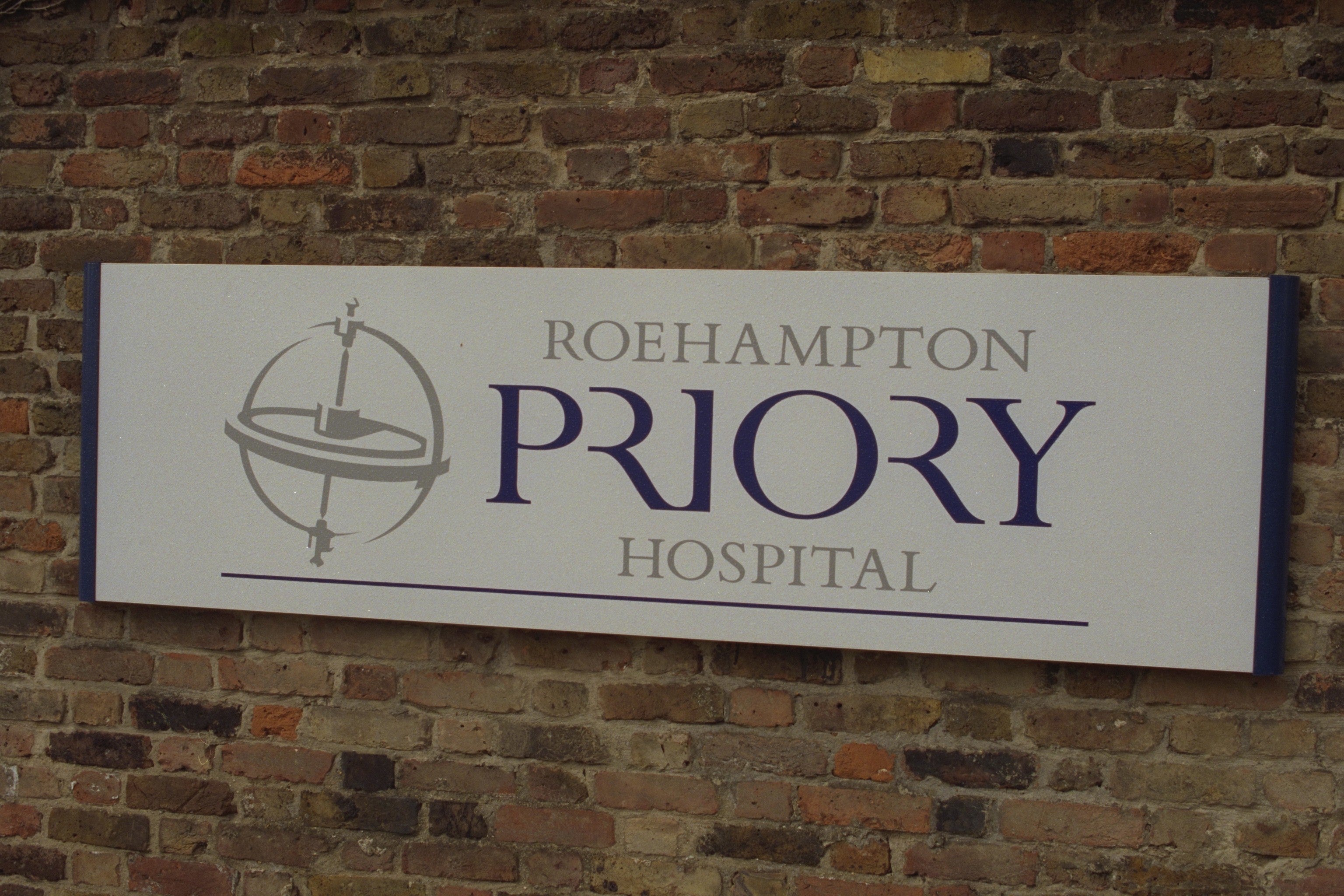Woman killed herself after Priory hospital downgraded her risk level despite multiple self-harm incidents
The famous clinic which has treated multiple celebrities is facing a hefty fine after admitting a failure to discharge a duty

Your support helps us to tell the story
From reproductive rights to climate change to Big Tech, The Independent is on the ground when the story is developing. Whether it's investigating the financials of Elon Musk's pro-Trump PAC or producing our latest documentary, 'The A Word', which shines a light on the American women fighting for reproductive rights, we know how important it is to parse out the facts from the messaging.
At such a critical moment in US history, we need reporters on the ground. Your donation allows us to keep sending journalists to speak to both sides of the story.
The Independent is trusted by Americans across the entire political spectrum. And unlike many other quality news outlets, we choose not to lock Americans out of our reporting and analysis with paywalls. We believe quality journalism should be available to everyone, paid for by those who can afford it.
Your support makes all the difference.A woman killed herself after her risk level was lowered by staff at a top psychiatric hospital, despite her making multiple attempts to self-harm in the months before her death.
Francesca Whyatt, 21, died in hospital in September 2013, three days after she had been found unconscious at the famous Priory clinic in Roehampton, southwest London.
In a meeting two days before she took her own life, Ms Whyatt was downgraded from constant daytime observation to being assessed six times an hour, Southwark Crown Court heard.
Twelve days before her death, one psychiatrist lamented the “absolute shambles” on the ward where she had been staying, which was being operated by inexperienced staff who had failed to carry out regular observations across its four floors.

Priory Health Limited, which has previously treated celebrities such as Kate Moss and Pete Doherty, pleaded guilty to failing to discharge a duty under Section 3(1) Health and Safety at Work Act 1974, after being prosecuted by the Health and Safety Executive.
The court heard that Ms Whyatt, one of four quadruplet sisters, had been transferred to the Personality Disorder Unit at the Priory hospital for specialist care in March 2013.
She had previously been admitted to a mental health ward near her family home in Knutsford in Cheshire, after suffering with mental difficulties since the age of 13, which saw her frequently attempt to self-harm.

Ms Whyatt was placed on the Emerald Ward, a four storey female-only secure unit, where she received treatment for a severe depressive illness, which saw her stop eating and drinking.
While at the hospital, she had been involved in 27 incidents of self-harm and had told staff that she felt “punished” being there as she was not allowed to see her family.
Despite this, staff did not believe she had suicidal ideations, and her observation level, meaning how often she was checked by Priory staff, was reduced.
An observation policy was in place across the ward, meaning that staff members were allocated a floor rather than patients.
However, on 25 September, there were only two nurses with “limited experience” and five healthcare assistants on the ward to care for nine patients. Of the two nurses, the manager had only started the previous week, while the other was only on their second shift.

In a letter sent on 13 September, consultant psychologist and clinical lead Dr Adrian Lord wrote to the hospital director to say the ward was an “utter shambles” and that there had been a “litany of basic errors”.
He went on to list 12 incidents, which included doors being left open, a patient picking up a hacksaw, staff refusing to follow orders, healthcare workers asking patients who they were, and a failure to complete observations.
In the hours leading up to the discovery of Ms Whyatt’s body, there had been a series of “unprecedented” incidents on the ward, which included police being called to deal with a patient who had become unmanageable and threatening.

As a result, staff removed other patients to the garden, where one vulnerable woman managed to escape into the car park and fled. One staff member was left on the phone to emergency services for 20 minutes while another retrieved and calmed the missing patient.
Giving evidence, consultant psychologist Dr Shazad Amin said the events were “unique and serious”, adding: “If you look at the overall picture, it was clear staff couldn’t do their normal duties.”
At around 4pm, Ms Whyatt managed to re-enter the building from the garden, and she was found unconscious behind a sofa in the lounge a short while later.
She was rushed to Kingston Hospital but life-support treatment was withdrawn three days later. Questioned by the judge about whether staff could have prevented the incident if they had been present in the lounge, Dr Amin said: “Yes, I accept that.”
John Cooper KC, for Priorty Health Ltd, said the company accepted there were “deficiences” but said Ms Whyatt had become upset at the self-harming of other patients, and that continuing the zonal observation policy on that day had been “impossible”.
An inquest into Ms Whyatt’s death in 2017 concluded that there was a “complete lack of leadership” within the ward at the time, and that the layout over four floors with fob and key doors made observation policies “unworkable” given the level of staff provided.
The Emerald Ward closed in June 2014 and is now known as the East Wing, with the majority of patients diagnosed with psychosis. In 2020, it was sold to a private equity firm for £1.08bn, with the deal also including 450 smaller facilities owned by the Priory Group throughout the UK.
The sentencing continues on Tuesday.